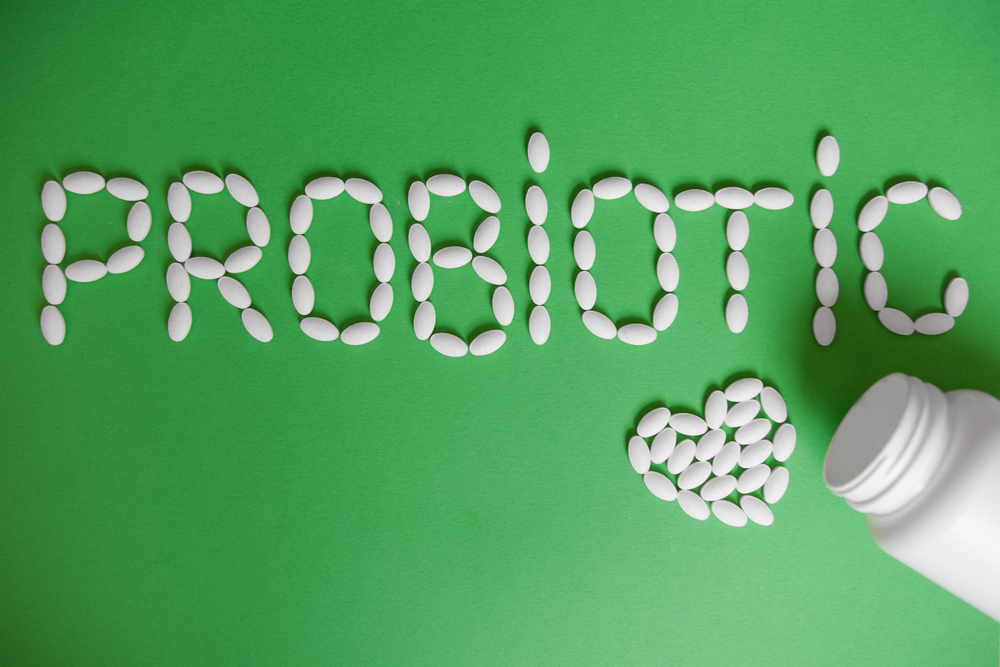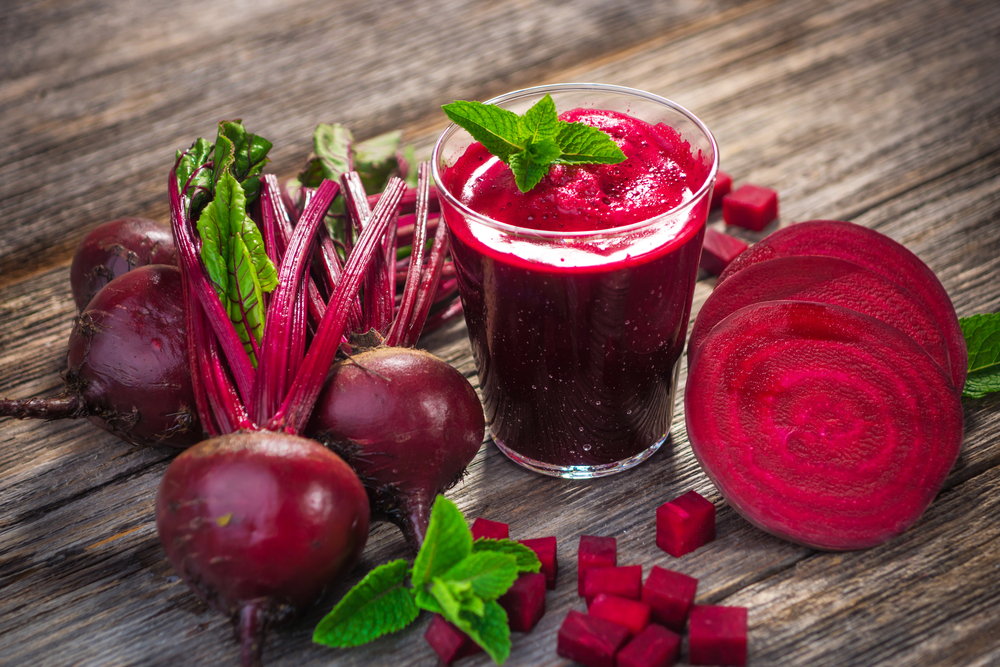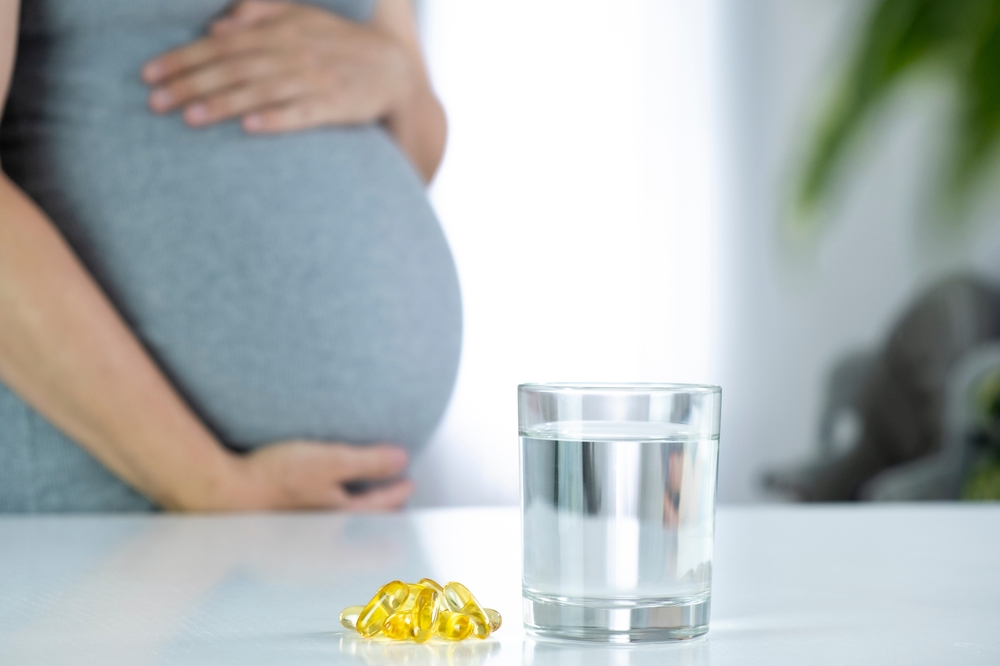Probiotics may reduce muscle fatigue after long distance running
 Science is frequently finding more health benefits of individual probiotic strains. Probiotics are often referred to as the friendly bacteria in the gut. Researchers from The University of Taipei, discovered that a specific probiotic strain of Lactobacillus plantarum, mitigated muscle fatigue in runners after competing in a half marathon.
Science is frequently finding more health benefits of individual probiotic strains. Probiotics are often referred to as the friendly bacteria in the gut. Researchers from The University of Taipei, discovered that a specific probiotic strain of Lactobacillus plantarum, mitigated muscle fatigue in runners after competing in a half marathon.
The small, randomised controlled trial[1], recruited 16 people to participate in the double-blind study, with one group receiving supplementation four weeks prior to running a half marathon. The results showed that the probiotic was associated with a range of positive effects, for the days following the half marathon, which included reduced muscle fatigue. This effect could be especially helpful for competing athletes running long distances for training or for specific events. Indeed, interest in how the gut microbiome is linked to athletic performance, and the potential for utilising both pre and probiotics to boost performance, is a relatively new science but is certainly gathering pace.
We have long known that athletes and recreational sports people, often have disordered gut microbiomes for varying reasons, but this area of research could help support both performance and their future health.
Beetroot supplementation may boost cognition and memory.
 With so much focus now on cognitive decline and measures that might prevent onset, positive news has been published in the European Journal of Nutrition[2] that a beetroot extract containing three grams of Beta vulgaris showed a 21% improvement in immediate memory capacity and a 12% improvement in delayed memory capacity, compared to placebo, in 44 young participants.
With so much focus now on cognitive decline and measures that might prevent onset, positive news has been published in the European Journal of Nutrition[2] that a beetroot extract containing three grams of Beta vulgaris showed a 21% improvement in immediate memory capacity and a 12% improvement in delayed memory capacity, compared to placebo, in 44 young participants.
The double-blind randomised placebo-controlled trial, showed that the beetroot supplementation was also associated with significant improvements in frontal lobe functions and cognitive flexibility, compared to placebo.
Beetroot has long-been researched for its cardiovascular benefits, down to its high nitrate content. One of nitrate’s functions is to improve blood flow, thereby regulating blood pressure. It is even endorsed by World Athletics of being able to boost performance. This current trial speculated that its positive effects on cerebral blood flow was the key to increased cognitive function.
Higher iron and vitamin D levels minimise depression in later pregnancy

Getting sufficient nutrients is clearly important throughout pregnancy. However, a recent study by Canadian researchers, and published in the Journal of Nutrition[3], found that having enough iron and vitamin D during the second trimester of pregnancy, was related to less maternal depression. The main aim of the study was to examine the link between specific nutrient status during pregnancy and post-partum, to depression symptoms amongst participants.
The study recruited 2189 pregnant women and assessed them both during and after pregnancy. They used the 10-item Edinburgh Postnatal Depression Scale (EPDS) to assess maternal depression symptoms at the third trimester and three months postpartum. Neurobiological evidence links iron status to energy and neurotransmitter balance in the brain and vitamin D to messaging and immune system modulation. The study noted differences in the EPDS scores during the third trimester, depending on the status of maternal iron and vitamin levels during pregnancy.
Whilst the researchers acknowledge some limitations in the study, it has highlighted the importance of maternal nutrition, with specific nutrients during pregnancy.
[1] CH Yu et al. Effect of Lactobacillus plantarum PS128 on neuromuscular efficiency after a half marathon. Frontiers in Physiology, 2023. Volume 14.
[2][2] M G Vaccaro et al. Acute effects of a chewable beetroot-based supplement on cognitive performance: a double-blind randomised placebo-controlled crossover clinical trial. European Journal of Nutrition. Published online ahead of print. doi: 10.1007/s00394-023-03265-y
[3] A Jennings et al. Maternal iron and vitamin D status during the Second Trimester is associated with third trimester depression symptoms among pregnant participants in the APrON Cohort. doi: doi.org/10.1016.j.ajcnut.2023.11.001


























Add comment